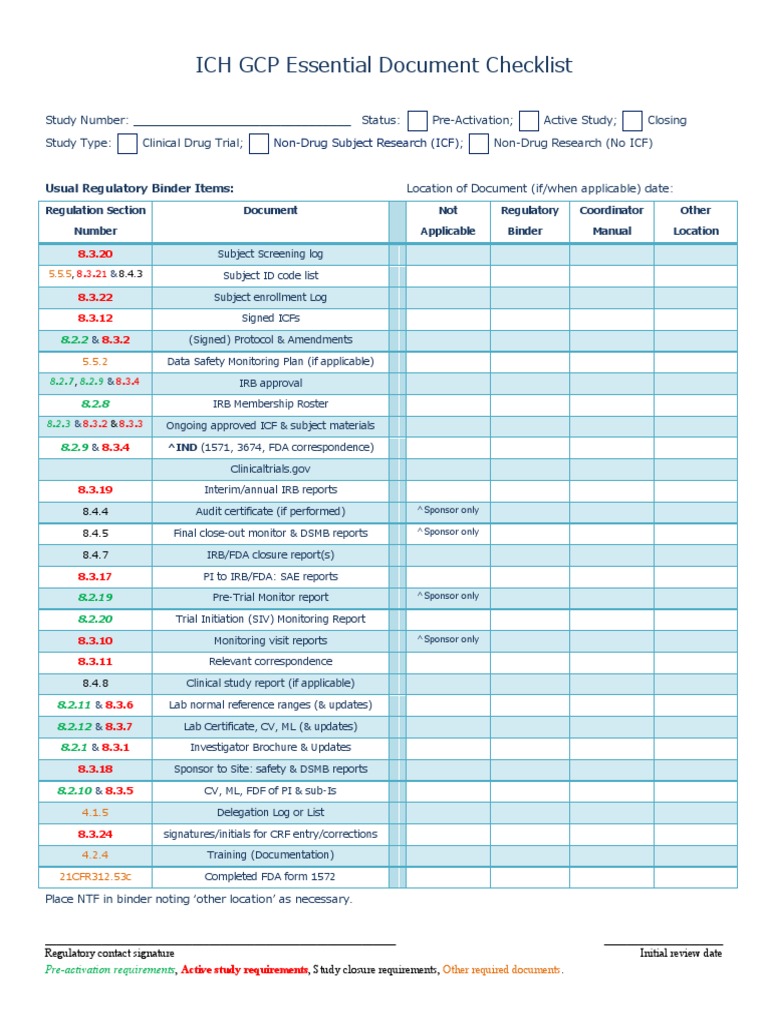5 Essential Documents to File After Marriage

Congratulations on your recent marriage! While the joy and excitement of tying the knot take center stage, there are several important legal documents you should consider filing to secure your union both financially and legally. From estate planning to updating personal records, here are five essential documents you need to address post-marriage.
1. Update Your Will and Estate Plans

Marriage changes your legal status, and with that comes the need to update your will and estate plans. Here are the steps to take:
- Create or Revise a Will: Ensure your will reflects your current wishes for asset distribution. If you didn’t have one before, now is the time to make one.
- Set Up a Living Trust: Consider a living trust to manage your assets and provide for your spouse after your passing.
- Beneficiary Designations: Update beneficiary designations on life insurance policies, retirement accounts, and other financial instruments.
- Powers of Attorney: Update your durable power of attorney for healthcare and finance to include your spouse if that’s your preference.
📝 Note: Even if you do not have substantial assets, it’s important to have these documents in place to ensure your spouse’s wishes are clear in the event of your untimely passing.
2. Change of Name Documents

If you choose to change your name after marriage, there are several documents you need to update:
- Marriage Certificate: This is the primary document you’ll need when changing your name. Ensure you have several certified copies.
- Social Security Card: Visit your local SSA office or apply online to update your Social Security Card with your new name.
- Driver’s License: Visit your DMV to update your driver’s license.
- Passport: If you’re a frequent traveler or have plans to travel, update your passport with your new name.
- Banking Information: Update your name on bank accounts, credit cards, and other financial records.
| Document | Location | Process |
|---|---|---|
| Marriage Certificate | County Clerk’s Office | Order certified copies online or in person |
| Social Security Card | SSA Office or Online | Fill out SS-5 form, provide marriage certificate |
| Driver’s License | DMV | Visit in person with marriage certificate |

📝 Note: Some institutions require certified copies of your marriage certificate. Keep this in mind when ordering copies.
3. Joint Bank Accounts and Credit Cards

Opening joint accounts can simplify managing finances as a couple. Here’s what you need to do:
- Joint Bank Accounts: Consider opening a joint checking or savings account to consolidate your finances.
- Credit Cards: Add your spouse as an authorized user or co-signer to credit cards to build credit together.
- Understand Your Credit: Discuss your credit history and scores, as they will influence joint financial decisions.
📝 Note: Financial discussions can be sensitive, so approach them with openness and a commitment to shared goals.
4. Health Insurance

After marriage, you might have new options or obligations concerning health insurance:
- Add Spouse to Plan: If you or your spouse has employer-provided health insurance, consider adding your partner to the plan.
- Evaluate Insurance Options: Compare plans to see which might offer the best coverage for both of you.
- Legal and Tax Implications: Understand how adding your spouse affects your taxes and legal obligations.
5. Life Insurance

Life insurance is vital to protect your spouse in case of your untimely demise:
- Get Life Insurance: If you don’t have life insurance, consider purchasing a policy to provide for your spouse.
- Update Beneficiaries: If you already have a policy, ensure your spouse is listed as the primary beneficiary.
- Amount of Coverage: Assess how much insurance you need based on your current and future financial needs.
Now that you’ve tied the knot, securing your financial and legal future as a couple is paramount. From updating your will and estate plans to managing your health insurance, these documents are not just formalities; they are essential steps in protecting your shared life. Remember, every couple's journey is unique, so tailor these documents to fit your specific circumstances. Here's to a lifetime of shared love and security!
Do I have to change my name after marriage?

+
No, changing your name after marriage is entirely optional. You can keep your name, take your spouse’s last name, hyphenate both names, or create a new last name if you wish.
How long do I have to update my Social Security and driver’s license with a name change?

+
It’s recommended to do so as soon as possible. For the SSA, you have up to 2 years to update your name, but with your driver’s license, it’s often easier to do it right away to avoid discrepancies in documents.
What happens if one spouse dies without a will?

+
If someone passes away intestate (without a will), the state laws will dictate how assets are distributed, which might not align with what you intended. Having a will ensures your spouse and any children are protected according to your wishes.



